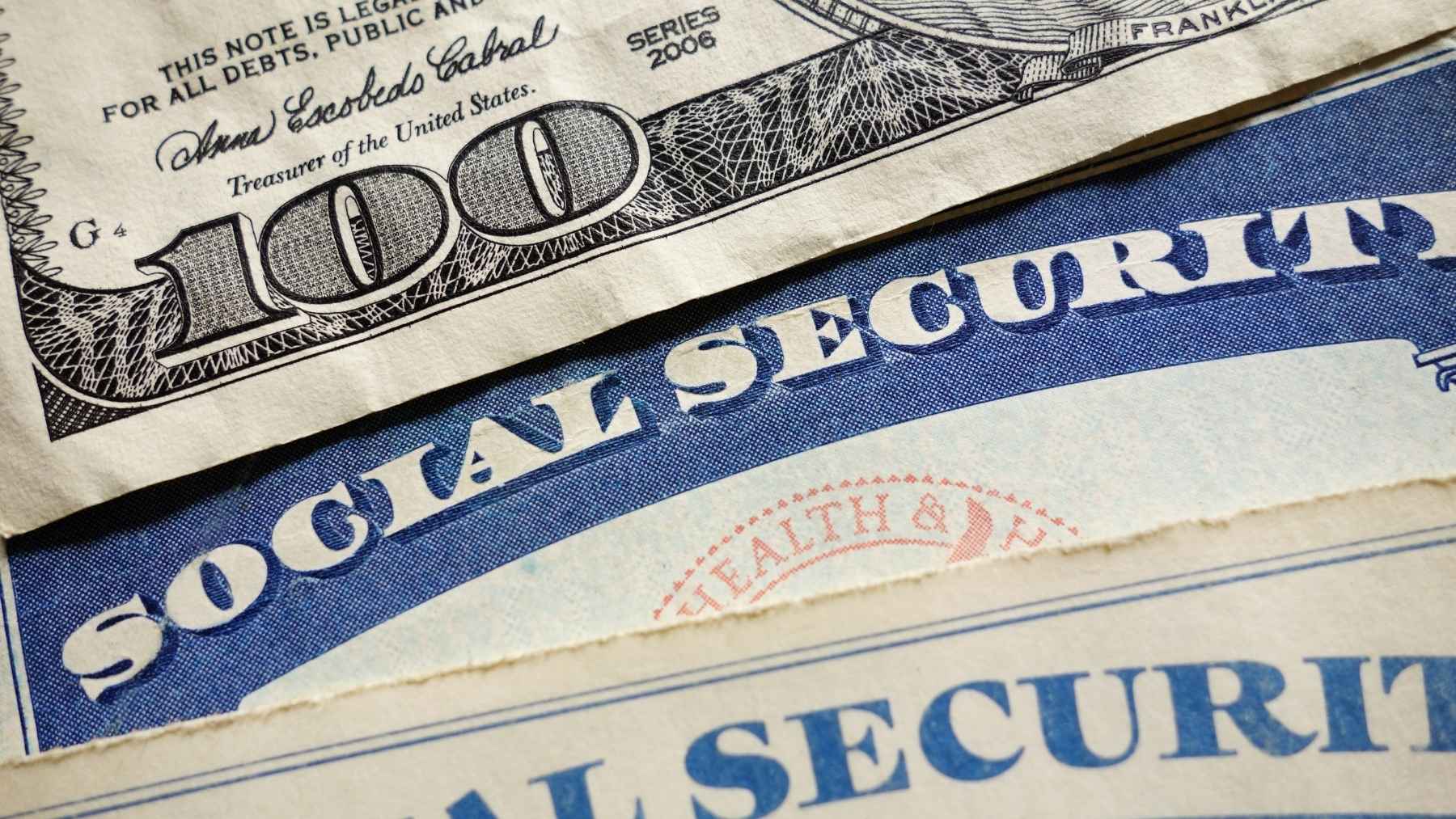For more than 70 million Americans, a monthly Social Security check is their lone source of income. This means that for many, if these benefit payments are delayed or interrupted for whatever reason, it could mean the difference between life and death for some. With the introduction of the Department of Government Efficiency (DOGE) under the new Trump Administration, Social Security beneficiaries have began showing concern regarding the stability and continuity of their monthly payments. This sentiment is also shared by former Social Security Commissioner Martin O’Malley who has warned that beneficiaries may soon see an interruption in their payments.
As the Social Security Administration (SSA) works towards stabilizing after the change in leadership recently undergone by the country, it appears that many surprising decisions are being made. The SSA recently cutback on its workforce by 12% and the resulting chaos has been the cause for growing concern.
Now, talks of a new Social Security Overpayment Bill have been ongoing.
New Social Security Bill: Here’s what to know
A bipartisan bill aimed at limiting the Social Security Administration’s (SSA) ability to clawback funds that had been incorrectly paid has been recently introduced by two senators. On March 13, Arizona Democratic Senator Ruben Gallego and Louisiana Republican Senator Bill Cassidy announced the legislation called the Social Security Overpayment Relief Act.
As the legislation is still pending, the SSA has shared that it cannot yet comment on the matter. However, this matter is quite an important one. Since being elected to office, President Donald Trump’s Administration has been dedicated to saving federal money by means of slashing what has been described as waste in all federal spaces–and it appears that this includes the SSA as well.
According to the SSA, over the next ten years, this change is set to generate around $7 billion in savings. Critics, however, have been voicing concerns regarding the ability of vulnerable people to pick up the tab for a mistake on the agency’s part.
“A lot of money is paid out to people because it just keeps getting paid and paid, and nobody does [anything]—and it really hurts Social Security. It hurts our country,” Trump claimed during a joint address to Congress in March. “We’re going to find out where that money is going, and it’s not going to be pretty,” he added.
Subsequently, as of March, the SSA revealed that up to 100 percent of new overpayments against monthly benefits will be clawed back. This is quite the jump compared to the previous rate which stood at 10%.
According to the new policy, “beneficiaries who are overpaid after March 27 will have their entire monthly Social Security payment withheld until the debt is repaid. Claimants who were overpaid before this date will not be affected.”
“We have the significant responsibility to be good stewards of the trust funds for the American people. It is our duty to revise the overpayment repayment policy back to full withholding, as it was during the Obama administration and first Trump administration, to properly safeguard taxpayer funds,” Lee Dudek, acting commissioner of Social Security, previously shared in a statement.
What happens next?
If this bipartisan bill is enacted, beneficiaries who received excess social security benefits mistakenly will not have to pay the money back, provided it was received more than ten years ago. However, for the time being, this “lookback” is indefinite and as such, the agency can indeed clawback funds going back decades. Additionally, this ten year lookback limit would not be applicable to those who had committed crimes or fraud.
Furthermore, in order for the bill to be passed into a law, the bill will have to pass through multiple debates in both houses of Congress and only then will it be subject to presidential approval.

